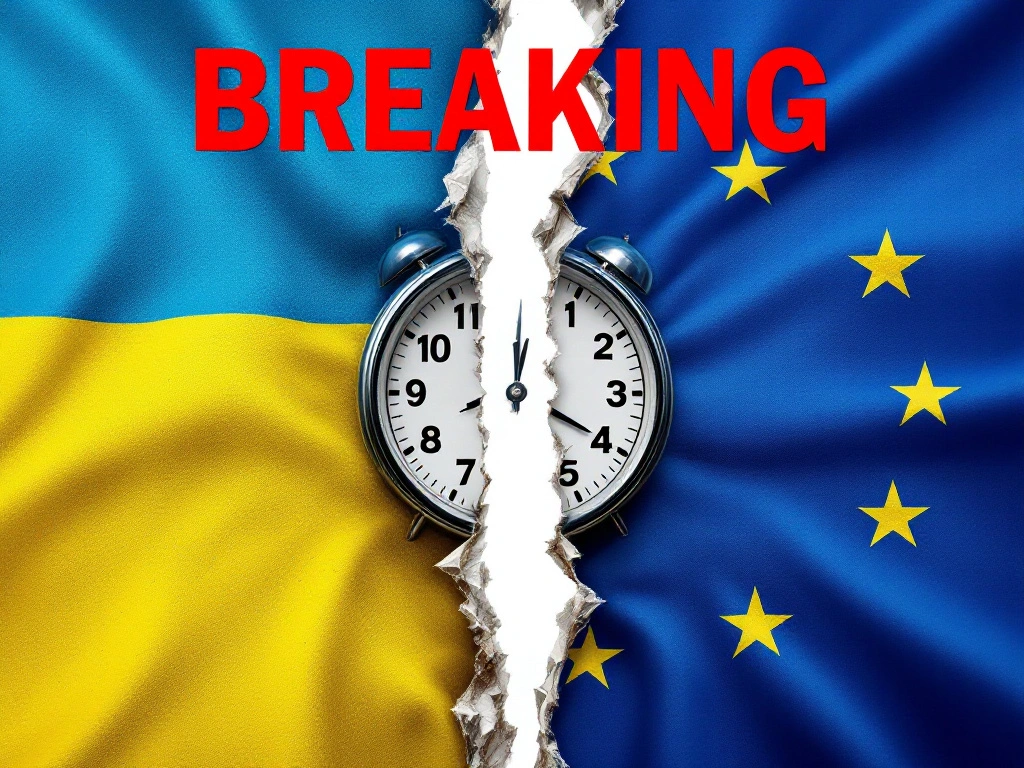Ukraine misses another EU deadline, putting European aid in jeopardy

Ukraine’s parliament failed to pass a critical local government oversight law required for EU funding yesterday, potentially jeopardizing access to billions in European financial support as a key reform deadline expired in March.
The Verkhovna Rada rejected draft law №13150 with only 206 votes in favor of the required 226.
The legislation would have established oversight mechanisms for local government decisions and created a registry of municipal acts—requirements embedded in Ukraine’s €50 billion Ukraine Facility agreement with the European Union.
Another missed EU reform target
Ukraine has already missed its 31 March 2025 deadline for implementing this reform. This is part of a broader pattern of legislative delays that risk the country’s access to Europe’s largest financial support package during wartime.
The Ukraine Facility provides quarterly payments based on Ukraine meeting specific milestones, including democratic governance and rule of law requirements.
The rejected bill would have created a supervision system in which the Cabinet of Ministers oversees regional council decisions, while regional state administrations monitor local councils.
These bodies would have the authority to demand corrections to illegal decisions and take violators to court when necessary.
Why local oversight matters during war
The European Union structured the Ukraine Facility around strengthening democratic institutions even as Ukraine fights Russia’s invasion. At least 20% of the program’s €5.27 billion in grants must support sub-national authorities, making local government accountability essential for unlocking EU funds.
European oversight requirements reflect lessons from previous aid programs where weak local controls enabled corruption.
The Ukraine Facility regulation specifically mandates “effective democratic mechanisms and institutions, including a multi-party parliamentary system and the rule of law,” as well as systems “to effectively prevent, detect and correct irregularities, corruption and in particular fraud, all forms of corruption, including high-level corruption, or any other illegal activity ”
Stakes beyond one law
Since March 2024, the EU has expended over €12 billion to Ukraine under the facility, funding teacher salaries, healthcare workers, and essential government operations while the country allocates domestic resources to defense.
Parliament’s rejection of reform legislation signals broader challenges in meeting European integration requirements during active combat.
The failure comes as Ukraine depends on international financing to cover roughly half its $37.5 billion external funding needs for 2024.
Beyond the Ukraine Facility, the country relies on additional EU support through the European Peace Facility and bilateral aid from member states.
Parliament had initially approved the bill for further development in May, but the final version failed to gain sufficient support nearly four months after the EU’s implementation deadline.
